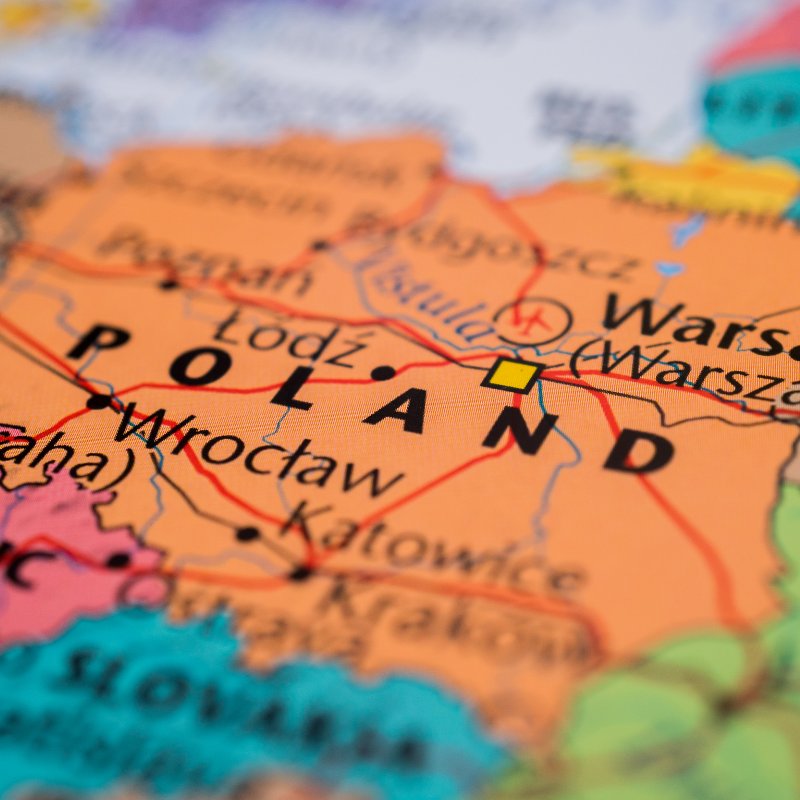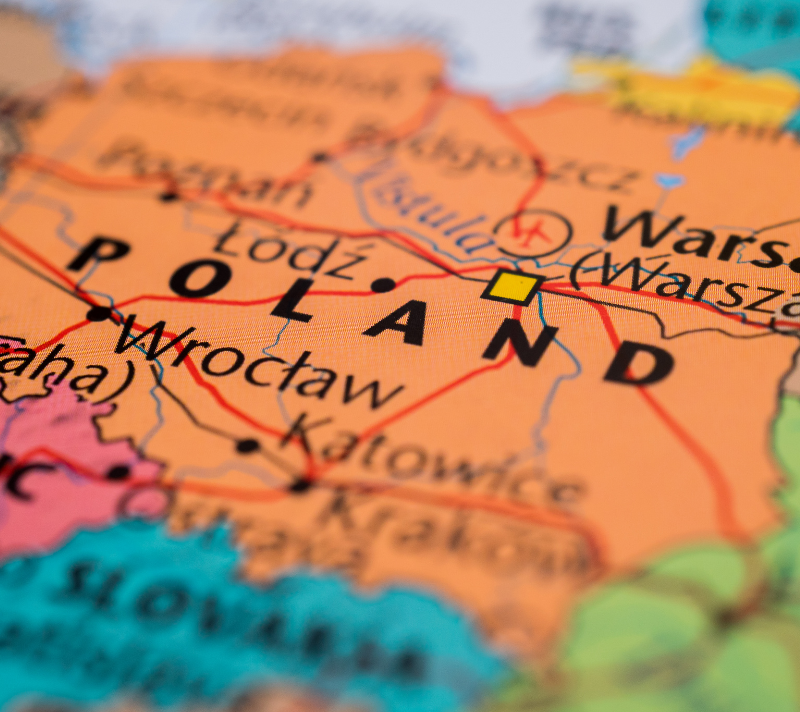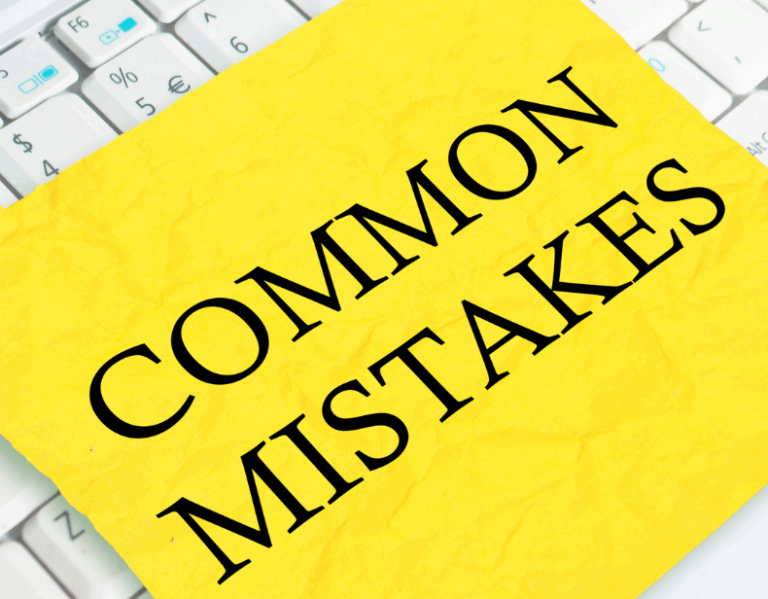Comparison of the temporary work market in Poland and Europe – what can we adapt?

The temporary employment market in Poland is developing dynamically, but there are still many areas where we can draw inspiration from the experiences of other European countries. In this article, we present key differences and similarities between the Polish and European temporary employment markets, along with recommendations that can help companies better utilize the potential of temporary employment.
1. The scale and share of temporary work
In Western Europe, especially in countries like Germany, the Netherlands, and France, temporary work accounts for a larger percentage of total employment than in Poland. This is a result of a longer tradition of flexible employment and stricter regulations.
2. Legal regulations and employee protection
In Poland, the temporary employment market is regulated, among other things, by the Act on the Employment of Temporary Workers, which introduces clear rules for protecting employee rights. However, some European countries have more extensive regulations, for example, regarding minimum wages, training, and working conditions, which improve the quality of employment.
3. Specialization of temporary employment agencies
In the European market, we're seeing a clear specialization among temporary employment agencies, with many focusing on sectors like IT, healthcare, and precision manufacturing. The Polish market is even more general, but this trend is growing.
4. Digitalization and technologies
Both in Poland and Europe, digital platforms and HR tech tools are playing an increasingly important role, although in Western countries the digitalization process is occurring faster and on a larger scale. This allows for greater efficiency and transparency in temporary employment.
5. Work culture and flexibility
In Western Europe, temporary work is often perceived as a normal career step or a form of flexible employment, while in Poland the prevailing perception is that it's a temporary and less stable solution. Education and a change in attitude are crucial for market development.
What can we adapt in Poland?
- Greater agency specialization – investing in the development of industry competences and candidate selection.
- Extensive training programs – improving the qualifications of temporary workers increases their value for employers.
- Better employee integration – building relationships and organizational culture also with temporary employees.
- Increasing the role of technology – development of platforms and automation of HR processes for greater efficiency.
- Transparency of employment conditions – clear rules and protection of the rights of temporary workers.
Summary
A comparison of the temporary employment market in Poland and Europe shows that we have much catching up to do, but also enormous potential for development. Adapting best European practices will allow Polish companies to better utilize flexible employment, improve work quality, and increase their competitiveness in the market.








